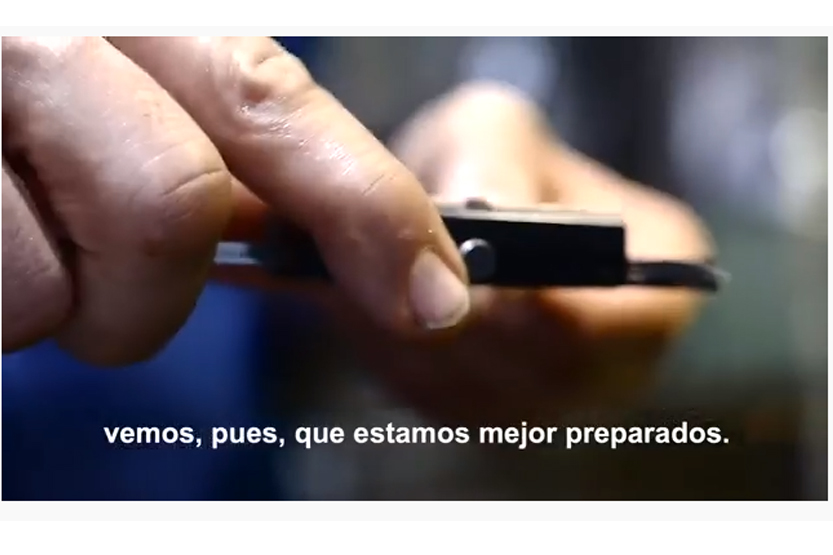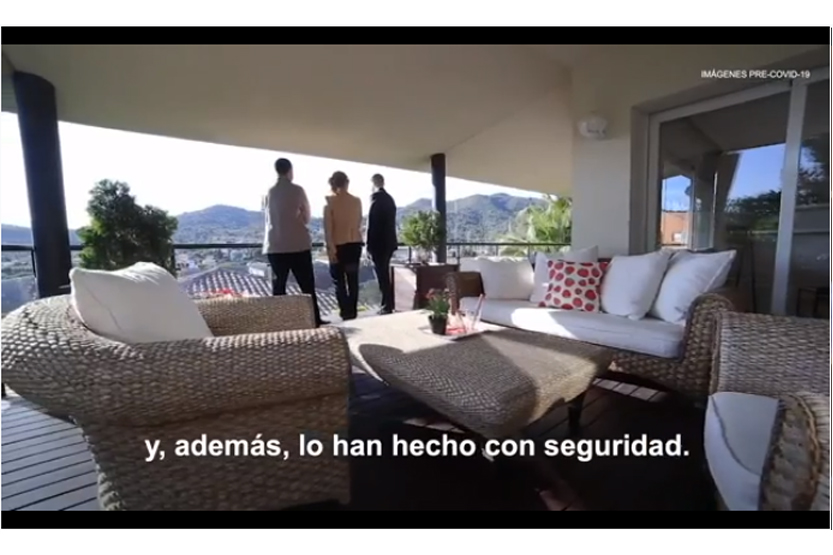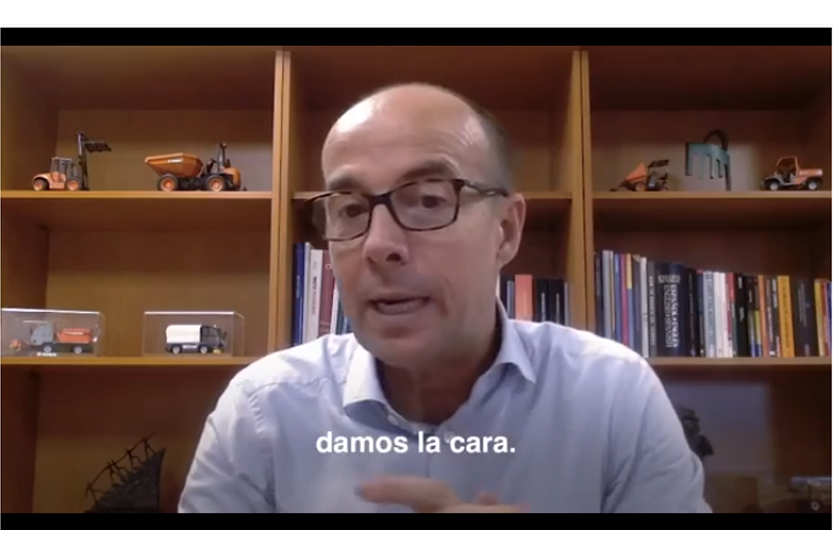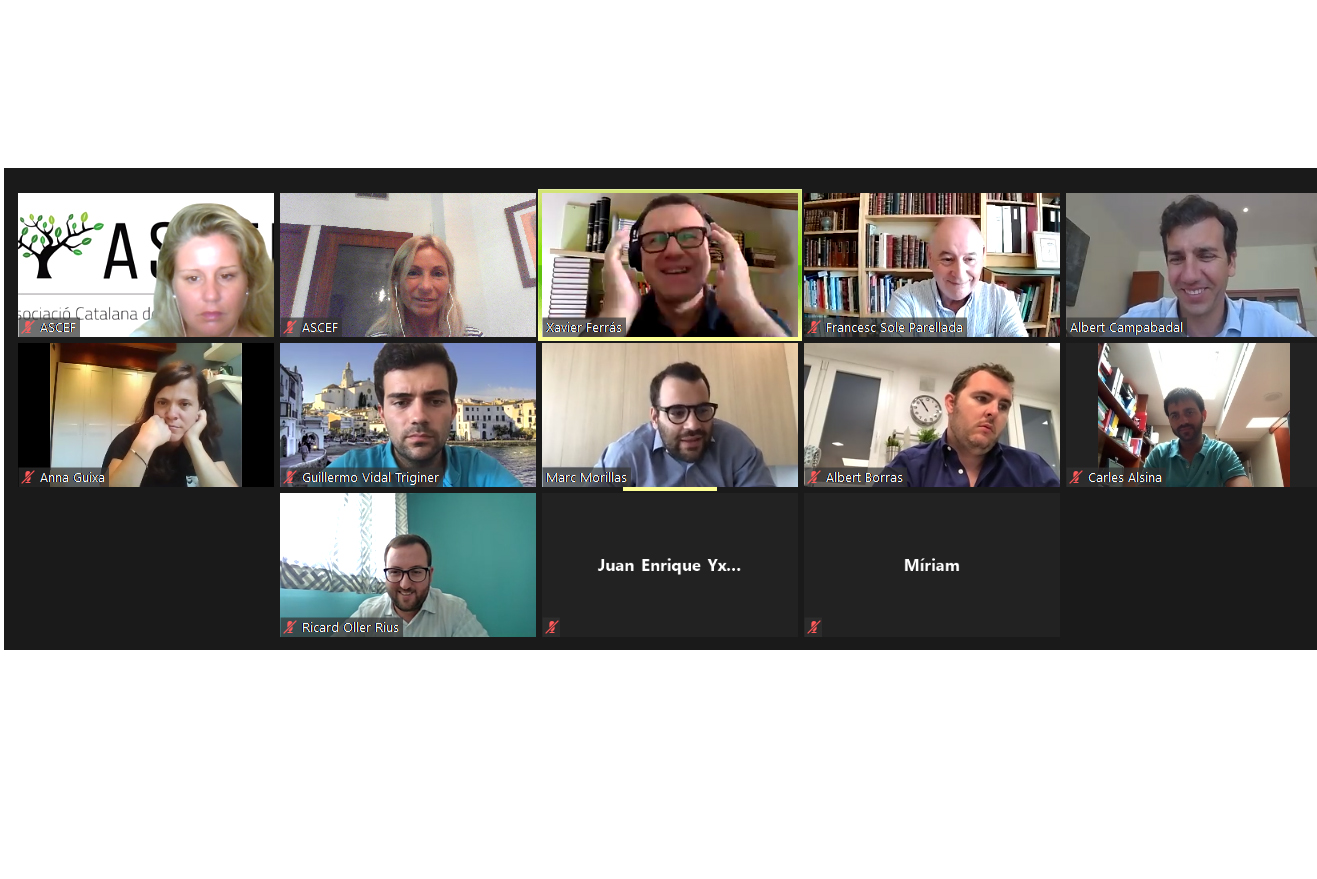The member companies of the Catalan Association of Family Businesses (ASCEF) are among the group of employees and employers in Spain promoting the #DamosLaCara (We show our resolve) movement. Simon, a company that has been specialising in lighting technology solutions since 1916, is just one example of this collaboration. Esteban Bretcha, its CEO, and Emili Trunica, Chief Human Resources Officer, explain in a video how they have experienced the situation resulting from the health and economic crisis.
“We have been thinking about making good use of this time by organising ourselves internally. This virus, this crisis, will not last forever and when we emerge from it we will need to be fully ready”, Mr Bretcha explains. “We regarded it as very important to stay calm because this enables us to convey confidence to the whole team in the future.”
The general manager of the century-old family business, which is now under its fourth generation of owners, explains that “at the beginning the management met and decided to make a list of those day-to-day things we had pending and which we never had time for”. “This gave meaning to time, to our people, who understood that they were doing something useful; and now that everything is starting to move again we find that we are better prepared”, Mr Bretcha adds.
Meanwhile, Mr Tunica identifies the issues that affect employees and their day-to-day routines more directly: “The priority has always been to protect everyone’s health as well as to support them in coping with this tough situation. We created an exclusive portal on the coronavirus which, in addition to explaining what was happening, enabled employees to share experiences on support, innovation and training; and this united us even more”.
“We have supported over 400 employees in the production centres who, by showing a high level of commitment, have ensured each day that our products have reached customers and especially the field hospitals that have been created“, Mr Tunica continues.
“I want to highlight all those examples of commitment, solidarity, teamwork and adaptation that our employees have provided over these months.”
The #DamosLaCara (We show our resolve) platform is a citizens’ movement promoted by employees and employers from all over Spain. It demonstrates the commitment of employees and employers to society as a whole and publicises the endeavour and important work undertaken by family businesses in the country through their economic and social contributions.





